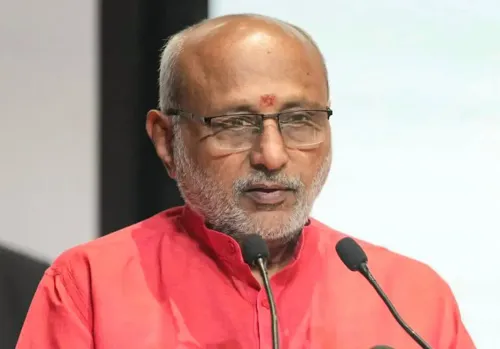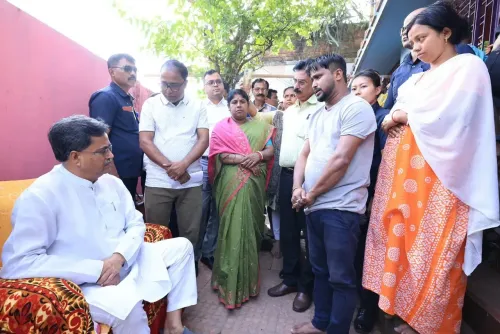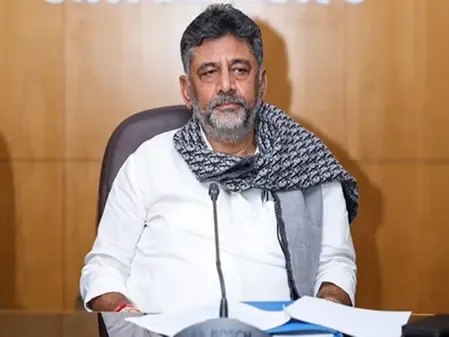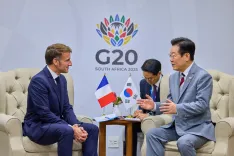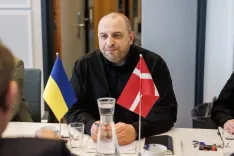Why Did Former J&K Top Cop Criticize Congress Leaders Over ‘Operation Sindoor’ Remarks?

Synopsis
Key Takeaways
- Operation Sindoor targets terrorist camps in Pakistan.
- SP Vaid emphasizes the cultural significance of 'Sindoor'.
- Criticism of political leaders highlights the complexities of national security.
- Military action is necessary but must address root causes of terrorism.
- The UN's stance on terrorism should be reevaluated.
Jammu, May 8 (NationPress) Former Jammu & Kashmir DGP SP Vaid has criticized Congress leaders Udit Raj and Prithviraj Chavan for their disapproval of naming India’s latest counterterrorism initiative as Operation Sindoor.
In an exclusive discussion with IANS, Vaid remarked that such comments are not only misguided but also politically charged, highlighting a significant misunderstanding of India’s rich cultural heritage.
In response to Udit Raj’s assertion that the term ‘Sindoor’ is linked to a particular faith, Vaid stated, “I strongly disagree. Sindoor is an emblem of Indian culture, transcending any single religion. Such symbolism should not be divided along communal lines.”
He further dismissed Prithviraj Chavan’s suggestion that the name appeals to Hindu emotions.
“Only his feelings appear to be affected, while the sentiments of many remain intact. Genuine patriots, irrespective of their religious backgrounds, support India’s armed forces,” Vaid affirmed, pointing out that the operation was led by Col. Sofia Qureshi, a Muslim officer whose father expressed pride in her involvement.
Operation Sindoor, executed by the Indian armed forces on May 7, targeted nine terrorist camps in Pakistan and Pakistan-occupied Kashmir (PoK) in retaliation for the devastating Pahalgam terror attack that occurred on April 22.
The strikes represented a notable intensification in India’s counterterrorism strategy and conveyed a powerful message throughout the region.
Vaid, who has extensive experience in combating terrorism in Jammu & Kashmir, underscored that military operations like Sindoor are essential but insufficient to eradicate terrorism in the long run.
“This struggle won’t conclude until the roots, namely Pakistan’s Army and ISI, are dismantled,” he asserted.
Regarding Pakistan’s denial of the extent of the damage, Vaid dismissed it as typical propaganda.
“Pakistan consistently denies its losses. Their military relies on deception and denial. The Indian government has unequivocally stated the facts, including the exact coordinates of the targeted camps,” he remarked.
Vaid also expressed disapproval of the United Nations for equating India and Pakistan morally.
“The UN should be opposing terrorism, rather than calling for restraint when one nation is defending itself while the other is promoting jihad,” he stated.
Vaid cautioned that the genuine resolution lies in dismantling Pakistan’s terror infrastructure and the agencies that support it. “Until that is achieved, lasting peace will be out of reach.”

